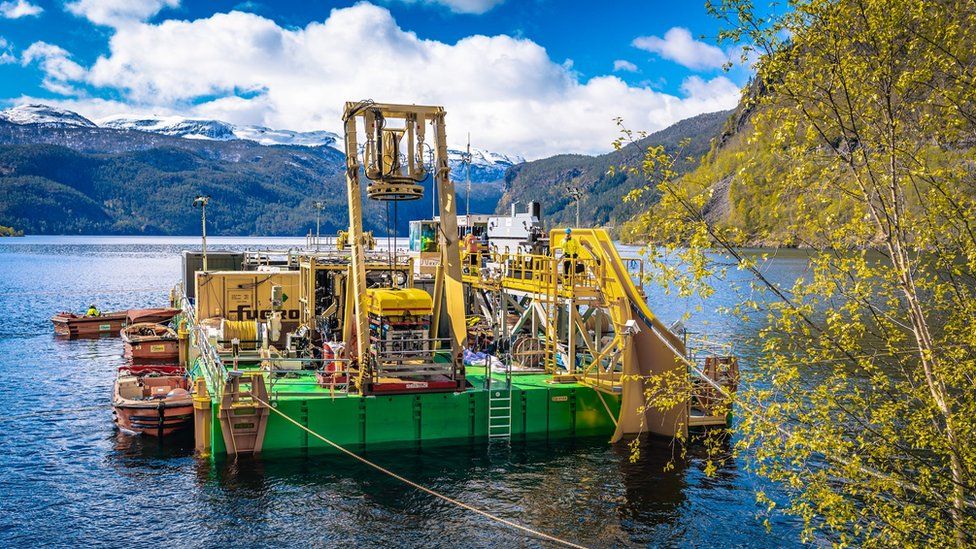- Location
- Scottish Highlands
I think Vince is counting any land that has had animal manures applied as being animal based. Am assuming no artificial fert, think I read they are banking on clover etc, be interesting to see how they go long term with maintaining yields.
interesting assumption. I wonder what the gas: diesel ratio looks like for a low yielding unfertilised “harvest” vs a more intensive fertilised one. I’d be willing to bet the greenwashing isn’t as bright if all aspects are considered.
I’m fed up with folks claiming the high ground because they burn diesel to make green energy.






